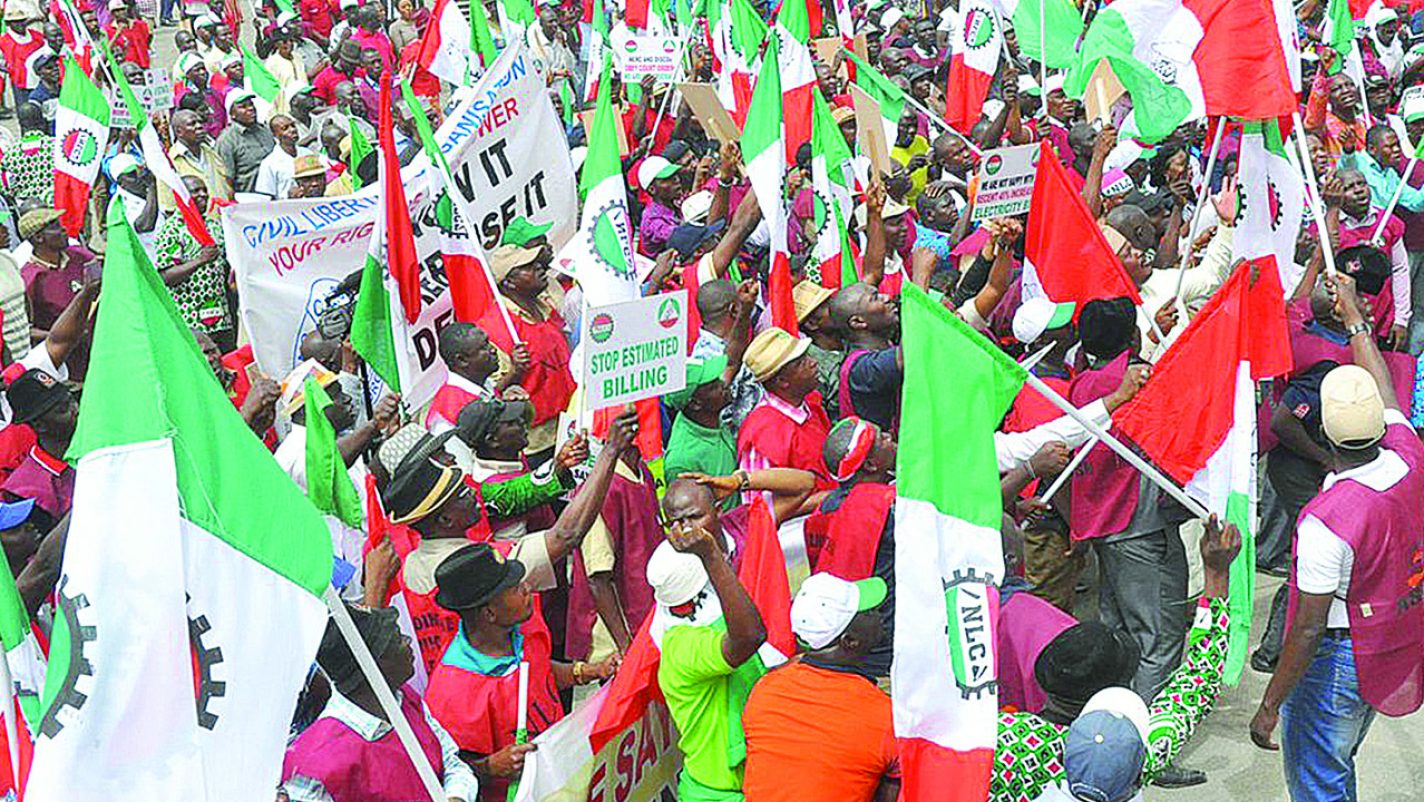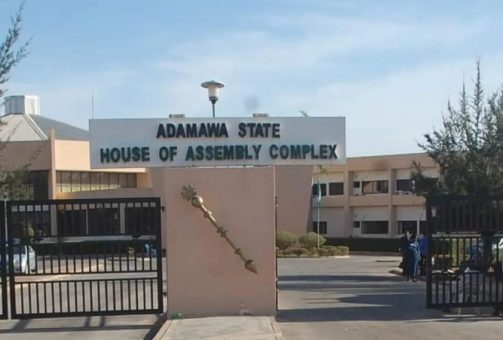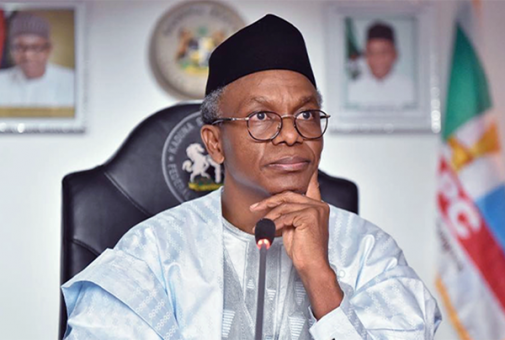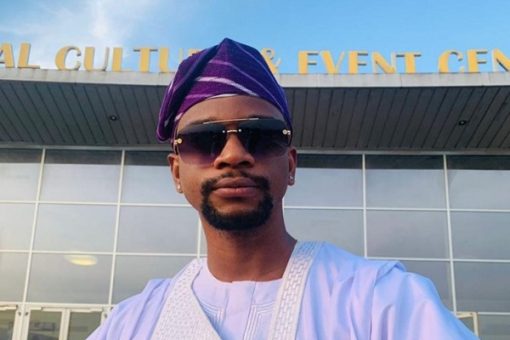
There are signs that the organized Labour might terminate its strike regarding the new minimum wage following an agreement reached with the Federal Government on Monday.
After a six-hour discussion in Abuja, the Federal Government, under the leadership of President Bola Tinubu, expressed a commitment to increasing the minimum wage offer to over N60,000.
The meeting, convened at the office of the Secretary to the Government of the Federation, aimed to resolve the deadlock and put an end to the nationwide industrial action that had halted various sectors across the nation.
Following extensive talks, several significant resolutions were reached.
The agreement affirmed that “the President of Nigeria, Commander-in-Chief of the Armed Forces, is dedicated to establishing a National Minimum Wage exceeding N60,000,” and it was decided that the Tripartite Committee would convene daily over the next week to finalize an acceptable National Minimum Wage.
In addition, organized labour pledged to “promptly convene meetings of its constituents to deliberate on this new proposition, ensuring that no worker faces repercussions for participating in the industrial action.”
These resolutions were formally endorsed by the Federal Government, represented by Minister of Information and National Orientation, Mohammed Idris, and Minister of State for Labour and Employment, Hon. Nkeiruka Onyejeocha.
The organized labour was represented by the President of the Nigeria Labour Congress, Joe Ajaero, and the President of the Trade Union Congress, Festus Osifo.
Meanwhile, on Tuesday (today), the Federal Government is set to resume discussions with organized Labour to revive the stalled minimum wage negotiation, amidst the ongoing nationwide strike that paralyzed states and the Federal Capital Territory, Abuja, on Monday.
The invitation to the meeting, seen by The PUNCH on Monday, was issued by the Secretary of the Tripartite Committee on National Minimum Wage, Ekpo Nta, urging labour leaders to attend the 8th meeting of the Tripartite Committee scheduled for Tuesday, June 4, 2024, at Nicon Luxury Hotel, Abuja, starting at 10 am.
Expressing concern over the adverse effects of the strike, Minister of Information and National Orientation, Mohammed Idris, reiterated the call for further minimum wage negotiations.
In a heartfelt appeal to organized labour, the information minister emphasized that the proposed minimum wage would incur an annual cost of N9.5 trillion for the Federal Government, making it unsustainable.
He urged labour unions to return to the negotiation table, assuring the Federal Government’s commitment to continued discussions.
Regarding the strike, the Labour Party in Nigeria urged unions to reconsider negotiations for a new minimum wage rather than resorting to industrial action, emphasizing the unrealistic nature of the demand for N494,000 as the minimum wage.
The strike witnessed significant compliance across states, with economic and commercial activities severely affected, including closures of schools, banks, government offices, and hospitals.
In conclusion, the impasse over the new minimum wage remains a critical issue, with both sides urged to engage constructively for a resolution that addresses the welfare of workers without further disruptions to the nation’s economy.






